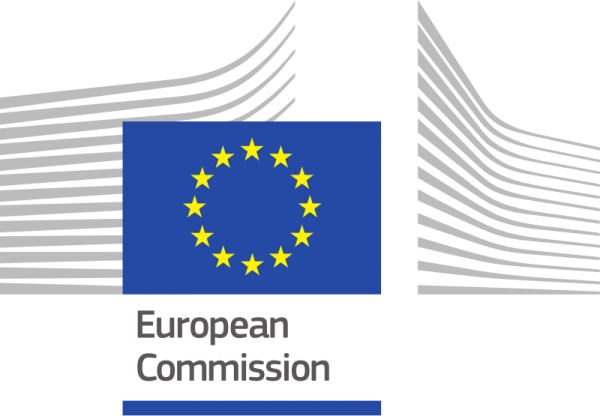The European Commission published today a proposal for a Directive to empower EU National Competition Authorities (NCAs) to be more effective enforcers when prosecuting anticompetitive conducts by the undertakings pursuant to Articles 101 and 102 TFEU and correspondent national provisions.
Among the shortcomings tackled by the Proposal, the European Commission underlines that currently “the majority of NCAs cannot notify key enforcement measures or request the enforcement of their fines cross-border if the infringer has no legal presence in their territory. Such companies currently have a safe haven from paying the fine”.
For this reason, the Proposal enhances the cooperation between NCAs providing that, upon request of an “applicant authority”, the requested NCA shall enforce decisions imposing fines when:
“a) the undertaking against which the fine or periodic penalty payment is enforceable does not have a legal presence in the Member State of the applicant authority; or
b) it is obvious that the undertaking against which the fine or periodic penalty payment can be enforced does not have sufficient assets in the Member State of the applicant authority” (see Article 25 of the Proposal).
According to the European Commission, such cooperation is essential in order to ensure the deterrence of fines in the “digital era”, when “many companies sell over the internet to potentially numerous countries but may only have a legal presence in e.g. one Member State. Such companies currently have a safe haven from paying the fine”.
The Proposal will now be transmitted to the European Parliament and Council for adoption in the forthcoming months; upon publication in the EU Official Journal of the final text, EU Member States will have two years to transpose the Directive into their national laws.
